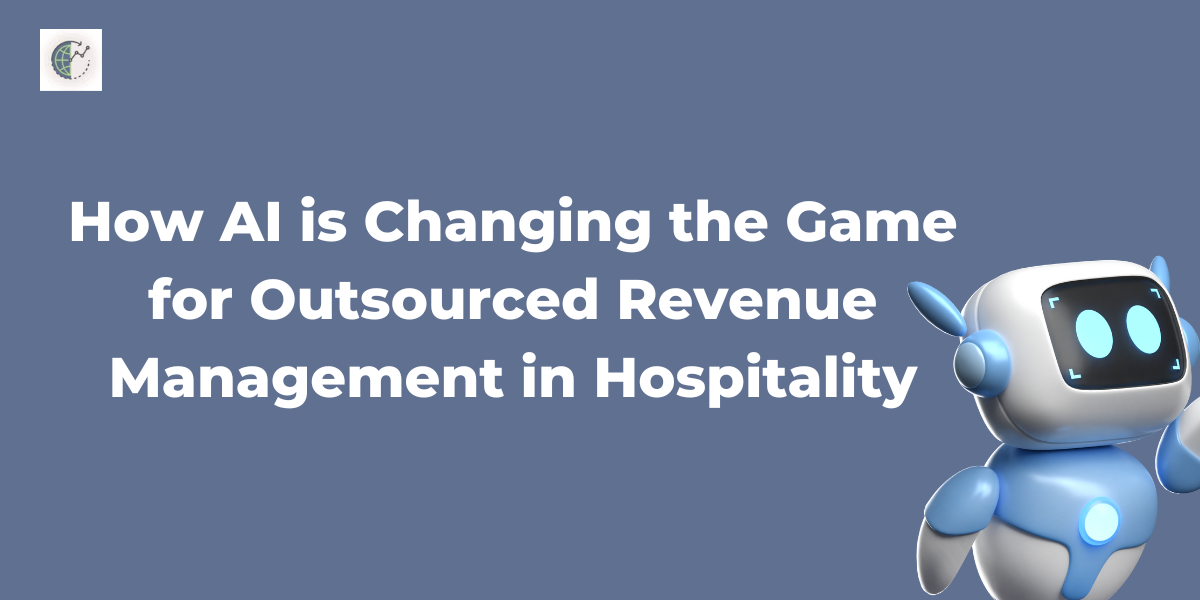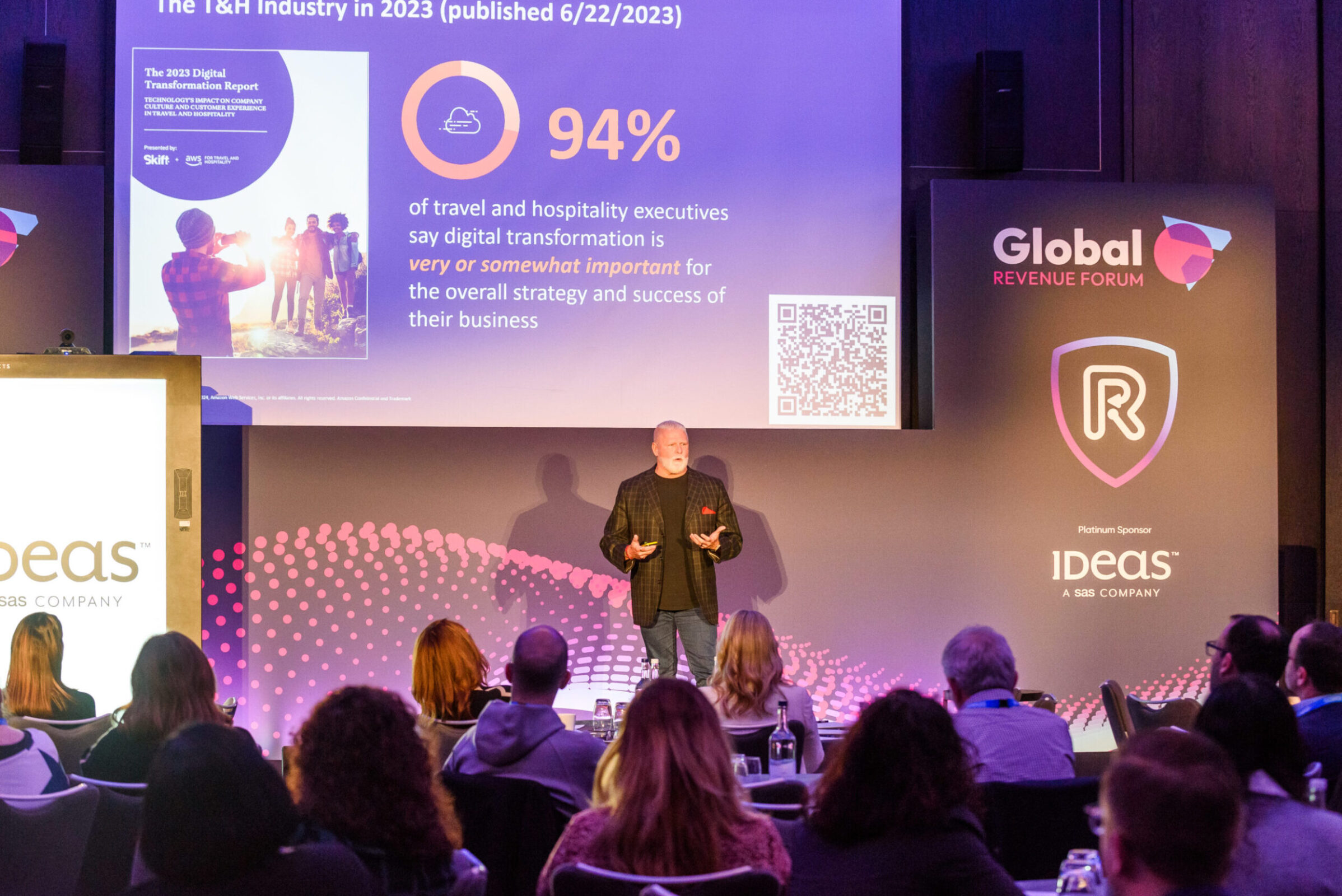 In our Guest Blog, Michael McCartan, Managing Director, EMEA, Duetto provides his pointers on how your hotel can build and adopt a revenue strategy for optimal profitability
In our Guest Blog, Michael McCartan, Managing Director, EMEA, Duetto provides his pointers on how your hotel can build and adopt a revenue strategy for optimal profitability
Put simply, Revenue Strategy is selling the right room to the right person for the right price at the right time. Simple? Well, yes and no. There are a number of variables in there that affect the price: the room, the guest, the date and the booking channel. And that’s before we factor in the ever-changing booking patterns of the guest.
Optimising demand and revenue is about collecting and analysing the right data to help you predict the customer’s decision on where and when to book. This data can include:
· Historical data
· Web shopping statistics
· Airline data
· And more
Any changes to these metrics can impact demand for a hotel room.
Revenue Strategy should cast a much wider data net that just your hotel. Sure, last year’s metrics on price and occupancy are valuable data sets to have, but more important to your forecasting and pricing is what lies ahead.
Local influences such as conventions and local events, or industry trends such as a pickup in business travel, can and do impact on future demand, and future pricing. Factor into this a system that can pull data on website regrets and denials, and airport data, and you can start to build out a more detailed picture of why lies ahead. For instance, why is your website suddenly seeing an uptick in demand from China?
Using forward-looking data sets can help you to understand the customer’s price sensitivity and arrive at a fully integrated strategy on how to capture that business.
A Revenue Strategy platform can help you to crunch the numbers and arrive at a tailored price for each and every guest.
How to transition your hotel to Revenue Strategy
While the data is vital, it is only one element of creating a Revenue Strategy. At Duetto, we recommend that hotels also consider their interdepartmental operations and their pricing mechanisms.
Break down silos Data is at the centre of your Revenue Strategy, but your strategy won’t get off the ground if your hotel’s internal departments are not aligned. Sales, marketing, e-commerce and revenue management all need to work together, using the same data to define the property’s strategy. It is important that all departments are incentivised on common metrics and educate themselves on the fundamentals of each discipline. This will help create a cohesive Revenue Strategy.
Adopt Open Pricing Once all departments are aligned you can start to work on optimising your pricing. For decades, hotels have favoured the Best Available Rate (BAR) approach to revenue management: setting one public rate and then raising or lowering all other rates off this by a fixed amount or percentage. This is an inefficient way to price. Open Pricing allows hotels to price each room type, day and segment independently. It allows hotels to always be open and selling, using price to manage demand.
Transitioning your hotel or group of hotels to a Revenue Strategy platform can seem like a daunting task. The biggest challenge can be qualifying the potential return on investment.
Consider this: a skilled revenue manager should not be spending their days on data inputting. Gone are the days where an Excel spreadsheet is enough to strategise on price and lead times. The ROI comes in freeing up that revenue professional so that they can be more analytical and flexible to market demands.
With a fully integrated Revenue Strategy, your hotel will never say ‘No’ to a guest able and willing to pay an acceptable rate for a hotel room.
For more information, download Duetto’s free white paper “The Ultimate Guide to Hotel Revenue Strategy”.





